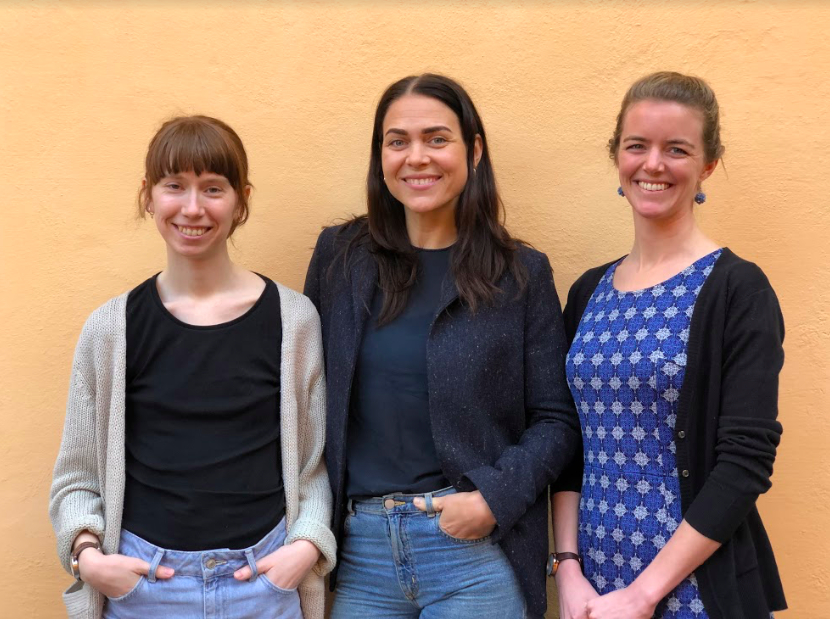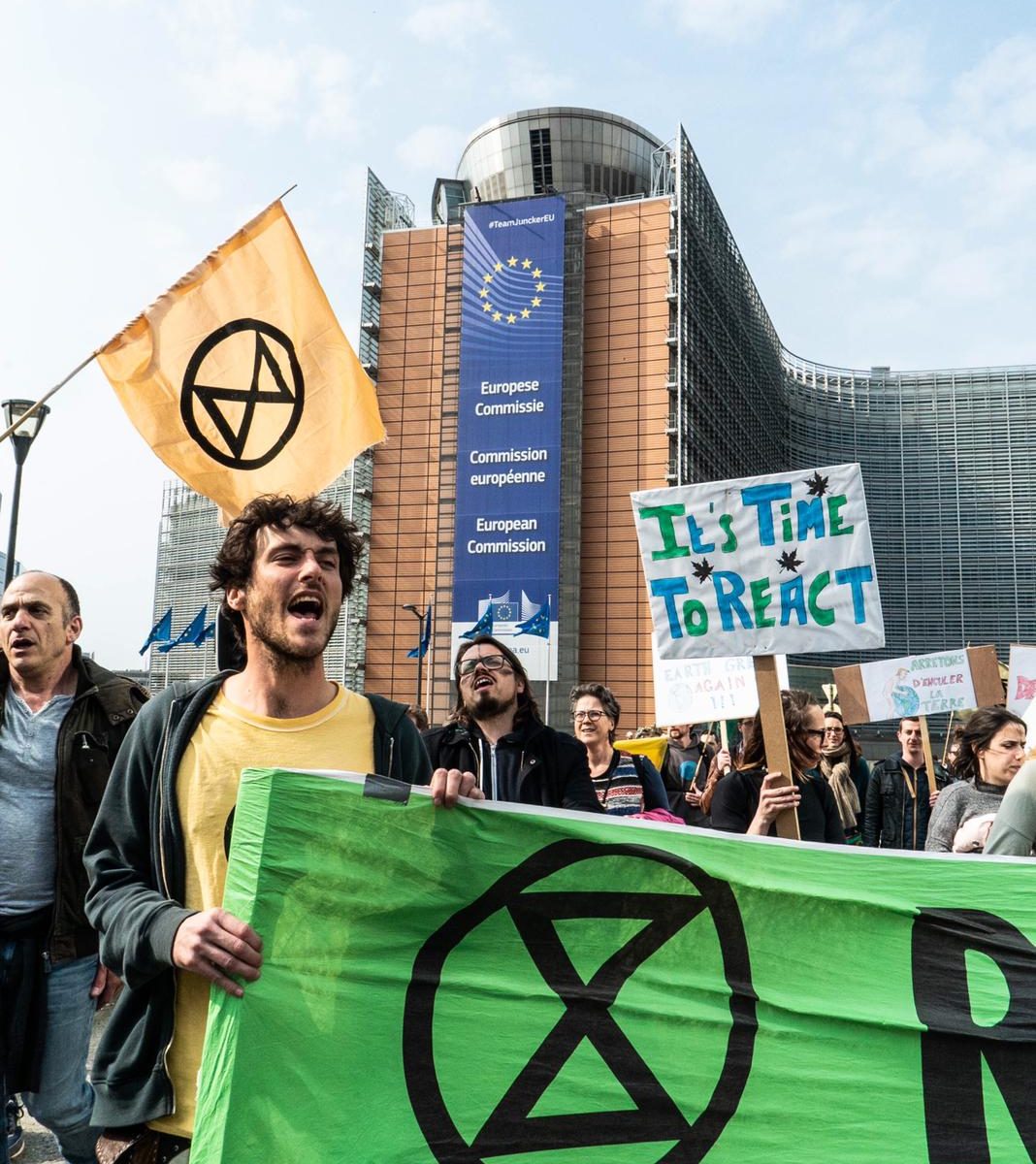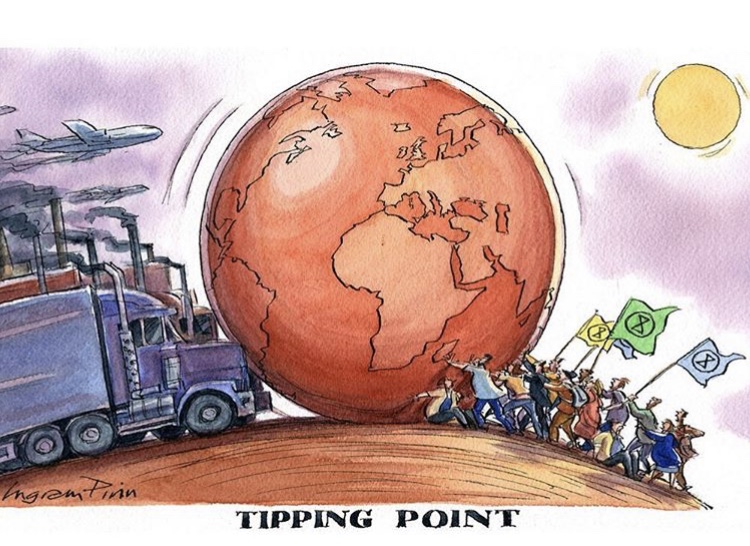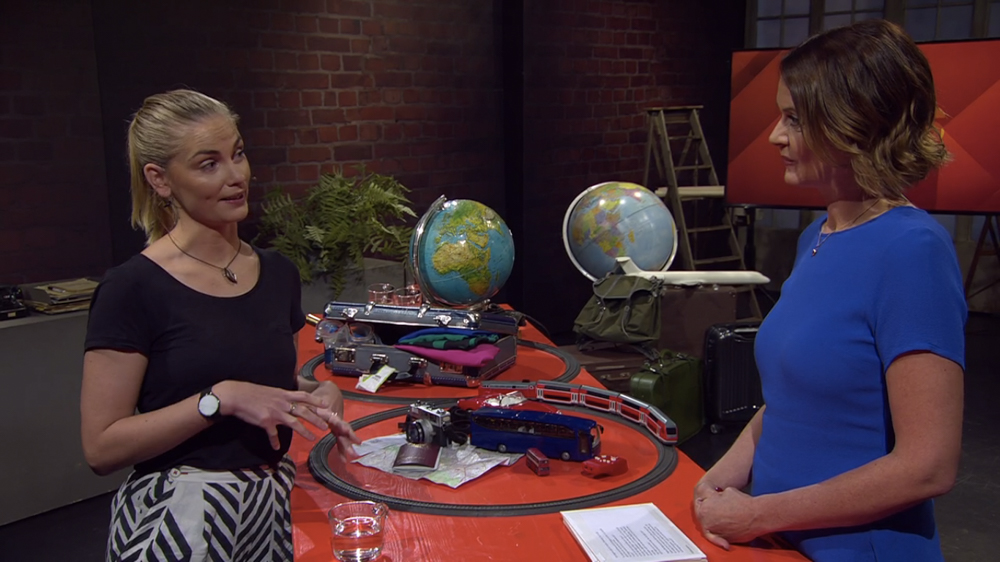Civil disobedience is something that is not very common in Sweden, and is associated with being rowdy and uncompromising. Many believe that we have a well-functioning society where it is the individual’s duty to follow the law and maintain order. Can that be true, while there are also reasons to not comply? If so, could the climate be such an issue? We at GoClimate believe that the climate crisis is so big that we need to explore all ways to act on it, and with this post we want to inform about one method already applied, both to create understanding of it and at the same time inspire one another to find new ways to get engaged that suits everyone.
Civil disobedience is defined as the citizen’s active refusal to comply with a law or an order from the government, in order to change society. It is a non-violent method to highlight that something in society is morally wrong, and therefore one does not agree to be involved in it. Resorting to civil disobedience as a method can be seen as a last resort, when the formal paths to drive change have not worked.
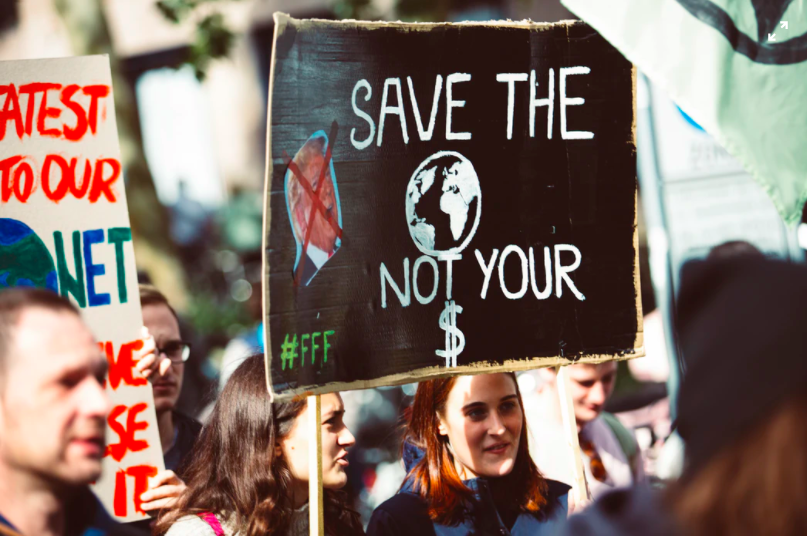
What can be important to bear in mind when considering whether civil disobedience is a good or bad method of social change, is that it is difficult to imagine a change before it has happened. What would the United States look like without slavery? How would England work if women were allowed to vote? Today, we generally agree that slavery is wrong and voting rights are a right regardless of gender, and using that reasoning we must also assume that in a hundred years’ time our grandchildren will be living in a society that has undergone even more changes. Moreover, the pace of change seems to be accelerating rather than slowing down, so it is reasonable to believe that we are not living in the most highly developed form of a human society yet.
What has civil disobedience actually accomplished historically? Perhaps the most well-known example is Mahatma Ghandi’s struggle for India’s independence from British colonial power, which included a long march in which he broke the salt law. Another person who today is praised for her courage is Rosa Parks, who refused to leave her seat on the bus in Montgomery to let a white passenger sit. Women’s suffrage is another example of what has been accomplished, however that struggle did involve violence. It can thus be individuals as well as groups and movements who perform civil disobedience, but neither Ghandi nor Parks acted alone.
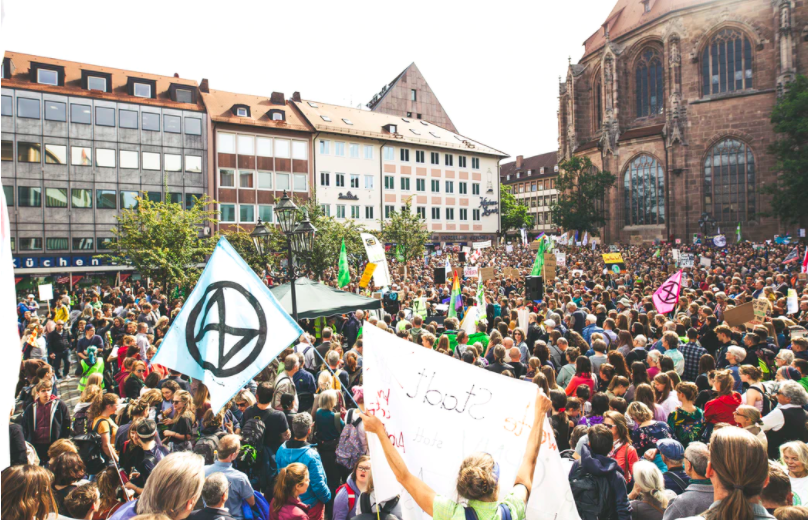
In 2018, Greta Thunberg sat down outside the Swedish Parliament to strike for the climate. She thus violated the Swedish Education Act, arguing “why should we study for a future that is being taken away from us?”. Greta is perhaps a special case in civil disobedience because she does not violate the law that she believes is the problem, but does so to raise another issue. We at GoClimate are convinced that Greta’s morality is right, and that we as a society must change to live in accordance with it. The fact that Greta is a child who is not going to school has undeniably been a thorn in the side for many around the world. The fact that she has become the front person of Fridays For Future, where millions of children around the world follow her example and strike from school, is both proof of the reach that civil disobedience can achieve and the seriousness that today’s children and young people feel about the climate issue.
Within the environmental movement, Greenpeace and Extinction Rebellion are two organizations that use civil disobedience to call for attention and push environmental issues. Greenpeace’s actions often target large companies and directly block operators from engaging in environmentally harmful activities, while Extinction Rebellion’s actions have instead intended to cripple society and influence the masses by blocking bridges and roads. Both organizations are considered controversial, although many believe that their work highlights major problems that we have to handle.
How you choose to engage yourself in the climate issue is your own choice, and we at GoClimate hope that we can contribute to a transition to a sustainable society as quickly as possible. Committing civil disobedience is a method that has had a major impact historically on important issues, and it is already part of the environment and climate movement. Civil disobedience continues to be a relevant option because it is clear that systemic changes are not occurring at the pace necessary to secure a habitable planet in the not too distant future.
No matter what you do with your time and engagement, you can always combine that with compensating for your carbon footprint through us at GoClimate. This way, you can do as much good as possible for the climate!
